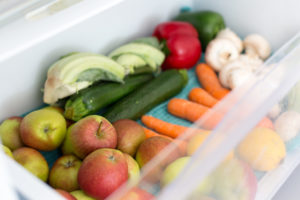
Why becoming a zero waste, minimalist, vegan is not the solution to all our problems
Can being Vegan, zero waste and a minimalist save the planet?
Wouldn’t it be great if we stopped destroying the rain forests. If we removed all the plastic from the seas. If endangered species were no longer endangered and climate change was halted? So many of us are really hoping and praying that these things will happen. Hoping that we haven’t already gone too far in destroying this planet and that there is hope for future generations.
Hoping and praying isn’t enough though. We want to do something about it too. I really want to do something about it. A large part of this blog is about being optimistic and taking practical steps towards change.
On my eco-friendly money saving journey three key themes have emerged as ways to live that can help.
These themes are:
- Veganism
- Minimalism
- Going zero waste
These movements combined seem a lot like the answer to all our problems. I can’t claim to be a strict vegan or a minimalist. However, I’ve had a good go at living the zero waste, plastic free life. I’ve also been heavily influenced by minimalism and veganism and see them as goals to aspire to.
These lifestyles have a lot of value in them and they are having a really positive influence on people and the environment.
But, they are not the right answer to everything all the time. As poster children for reducing waste, eating less meat and dairy and buying less stuff they work well. They inspire people and they make people think about their way of life. However, if followed to the letter they can go too far.
It is not possible to stick to them religiously unless you become entirely self-sufficient. This may be a possibility for an elite few, but not for the masses.
I think it is incredibly important that we recognise this. We shouldn’t get caught up in sticking rigidly to one way of doing things. We need to recognise the down sides of the alternative lifestyles too.
Too often we are sold things based on what they are not. Instead of what they are. Missing the fact that although something may not contain X,Y and Z. But has been replaced by ingredients which may be a big problem for different reasons.
I could give you countless examples of this! For one, microfibre cleaning cloths. They are sold as an eco-friendly alternative to using antibacterial sprays, but one problem is just swapped for another.
Yes we reducing chemicals in our homes. But when the cloths are washed this releases micro plastics into the oceans via our washing machines.
When we make moves towards Veganism, minimalism and zero waste we need to be mindful that some of the things we are sold come with problems of their own.
You might think, well then we need to swap out microfibre cloths for something that is more eco-friendly. I’m sorry to tell you this, but there is a downside to almost every alternative you can think of.
That is because we do things in large volumes and we rely heavily on monoculture. I.E. farming the same crops and live stock en masse in the same fields, with no or limited tolerance for any other kinds of flora and fauna.
There may be better choices we can make, but there are rarely perfect ones.
Anyone who buys food however zero waste or plastic free or vegan they they still produce waste. Organic foods are still sprayed with pesticides, they just aren’t synthetic ones.
There are times when choosing the vegan, minimalist or zero waste path, won’t work for you. It isn’t solving you problems or won’t be the best choice for the environment.
When zero waste Veganism can not work;
- When it compromises your health. A vegan diet may not work for everyone. Especially people who have food intolerance’s or allergies to key vegan foods like beans, soya, pulses and grains.
- When it doesn’t make environmental sense. Driving extra miles to visit different places to make sure everything is unpackaged is counter productive.
- Making poor swaps. E.g. swapping plastic bags for paper bags. The paper bags may be biodegradable, but they are energy intensive to make and are still single use. Reusable is better, but it needs to be reused enough times to make it a better choice
- Swapping cows milk for alternative milks. E.g. Almond milk – very water intensive and these milks come in tetrapak cartons. The cartons are then recycled at best. Read about the massive problems of growing almonds in this Guardian article about almond milk
- De-cluttering in the name of minimalism. This is encouraged by retailers, because the theory is out with the old and in with the new. The more people de-clutter the more new stuff they will keep buying.
- Fast fashion and the rate at which clothes are flowing through our wardrobes are a massive environmental problem. Read more in my blog post here: What is the problem with fast fashion?
- When it compromises your relationships. You may or may not care how many people you offend with in the name of veganism, minimalism or going zero waste, but I think it is really important to take the following into account;
- Most people around you won’t get it. It takes a lot of learning and changing your mindset to switch from eating meat. Or buying packaged foods and becoming a zero waste minimalist vegan . People need to want to change before they will change. Be aware other people will have plenty of reasons why they don’t want to do what you are doing. Even if they do agree with you they still might not change because no-one else they know is doing it. Due to peer pressure, being busy life pressures they might not feel that they can. Trying to push people into following your path may back fire and push them further away
- .They also probably won’t understand all your needs. E.g. they may not know sweets that contain gelatine aren’t vegan. Or that you really don’t want a gift etc and that is reasonable.
For the reasons explained, I think it is important to set boundaries for your lifestyle.
Veganism, minimalism and going zero waste are not the solutions to all our problems all of the time. It is a bit more complicated than that. What we really need is to consume less of everything and diversify. By diversify I mean, rely on a greater range of resources and species e.g. there are lots of different types of fish but most of us in the UK rely on fish like cod, tuna and salmon (although it is contentious that there are any types of fish that are sustainable at the moment) and you can make clothes from bamboo, hemp and nettles, but most of the ones we buy are made from polyester and cotton and so on.
Being a vegan, minimalist or zero waster doesn’t always stop you from consuming more than your fair share of resources. Remember, you can avoid one problem by boycotting something, but then create another with the alternatives. It’s important to think about what the alternatives really mean.
We put so much pressure on ourselves to be perfect and if we are not careful veganism, minimalism and zero ‘wasteism’ will become just another stick to beat ourselves and each other with. We need to take the best bits from these movements, but accept that none of them are the solution to all our problems all of the time.

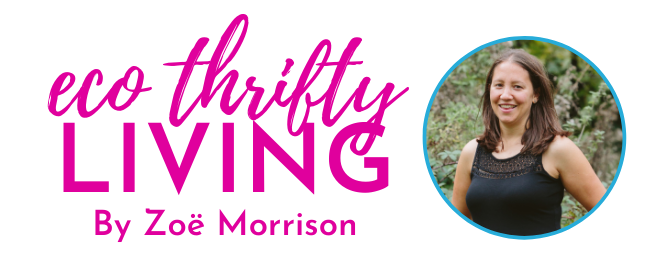
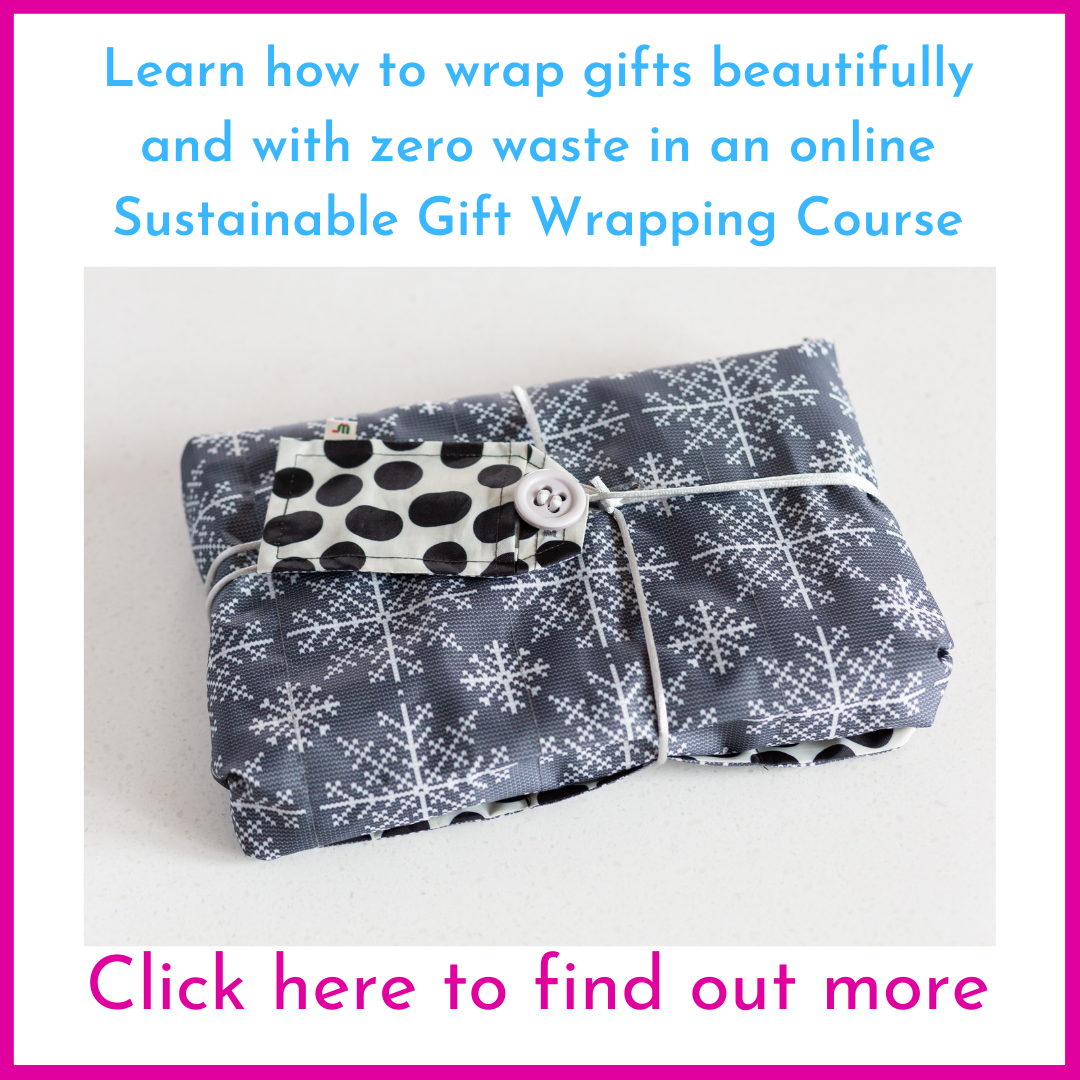
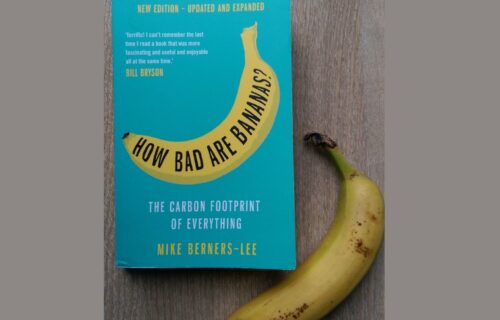
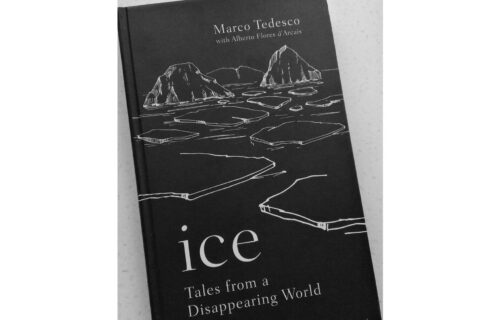
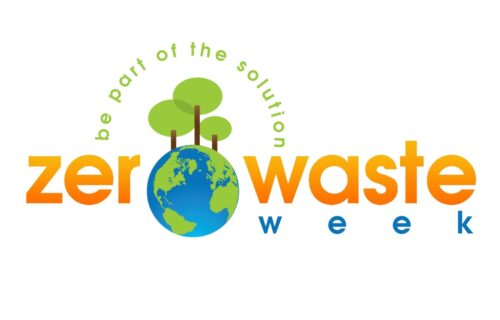
I feel like this is one of those posts that are just scraping at ways to go against a new trend, and failing miserably at it. Obviously if something is effecting your health, you shouldn’t do it. Doing something (or not doing something) because you don’t want to offend people is a really horrible reason not to do it. There are ways of being less offensive, and that is something that should be more encouraged anyways. Also, one of the biggest things in minimalism is going against fast fashion and maybe spending a bit more on fashion that is timeless and will last a lot longer. And the whole thing about almond milk… geez. Along with the production of cows milk being super horrible for the environment, there’s a lot of hormones (and a ton of other things) in it that people don’t want or need to be consuming. I agree that there are different milk alternatives and even not buying a milk supplement at all is an option. I feel like when you say that things don’t work all the time, that’s a no brainer. But you shouldn’t just quit being vegan or minimalist or zero-waste (or anything else you believe in) just because it gets hard, you should find ways to work around this issues. You say that we need to take bits and pieces of these movements instead of just creating alternative problems, but you don’t actually contextualize it with evidence or ways that we could do things better, so it just amounts to nothing. Also, there were a ton of grammatical errors, but the content was what really irked me. I really like what you’re trying to do with the website though, keep on trucking!
I am sorry but I disagree! Being vegan, zero waste and minimalist might not solve all the world problems in one go but it’s definitely the best and most sustainable way of living! You can be 100% of anything because we are human and we live in multicoloured world full of different choices and options. That doesn’t mean we shouldn’t aspire or strive for the best version of ourselves we can be! My version of vegan-minimalist-zerowaste person is not perfect, and is different from every other person living like me, however it is certeinly the best I can do at the moment and I am going to constantly evolve and change to get closer and closer to the tiniest footprint I can possible do. And that’s exactly what these movements stand for, not PERFECTION, but YOUR BEST EFFORT! Tomorrow I will be better than yesterday, and every day I choose to live this way I am positively contributing to create a more cruelty free world!
Hi Annemarie, I think the tone of the post obviously came across wrong. I have spent the last 6 years gradually going more and more plastic free and zero waste and going as far as I possibly could with it and realising my limits. For me it isn’t a new trend, it’s been my life for the past few years. This post was in response to some of the things I have seen online where I feel people have just gone too far in their pursuit of a plastic free, vegan, zero waste life. I think that there needs to be some flexibility in these lifestyles to recognise that they aren’t always the right answer to everything and sometimes they can be the wrong answer and that is as much a criticism of myself as it is of those lifestyles.
Hi Maria, as I said in my reply to the comment above I think the tone of this post came across wrong. I agree with you about striving for the best version of ourselves absolutely and that going zero waste, minimalist and vegan are good directions to head in. I have spent the last 6 years heading in a zero waste and plastic free direction (and I eat less meat than I used to) and I think what you are doing is great and your attitude towards it is great. My article was meant to be taken literally – I don’t think these activities are always the right answer all of the time. A lot of the time yes, but all of the time no.
Anybody can list excuses. Veganism does not “work” for some and “not work” for others, this is the optimal diet for humans. Agree or not, there is really no debate on it in science, only among bloggers lol. 😉
Second point, not making zero waste decisions environmental really isnt realistic. When someone has done all the research and minimized all their belongings, their processes will obviously try to be minimal footprint too.
Finding vegan or zero waste options too difficult? Seriously? People choose vegan/ZW because they want to and are excited to find those options, not because it is a must.
There are certain things more important than a relationship. Besies, our relationship should be able to improve for a common goal. If the common goal is missing, the relationship will not work anyway. And it has nothing to do with veganism or CW.
I don’t disagree with the thrust of this article at all. I think there are plenty of things we do that seem to be helping but aren’t at all. But, I think one thing vegans, zerowasters, and vegan zerowasters agree on is that if a bunch of us do these things, companies and supermarkets will realize that there is widespread interest in minimizing suffering and our waste footprint, and would adjust accordingly to capture a wider market. That would, in turn, make the practices that we already engage in even more environmentally friendly. One thing that is SUPER frustrating at the moment is that as a vegan, all of the substitutes marketed to us (meat, cheese, ice cream, butter, etc.) either come in plastic packaging, or have ingredients that are seriously bad for the environment, like palm oil (yuck). So, if Daiya or Beyond realize that a lot of vegans won’t purchase their products, they might come up with a more sustainable option. At least I hope so haha